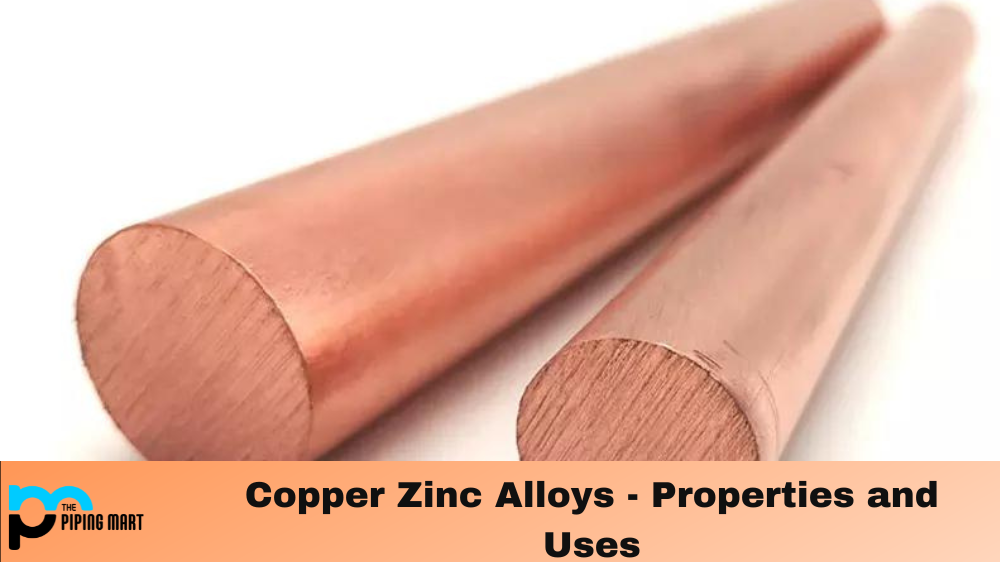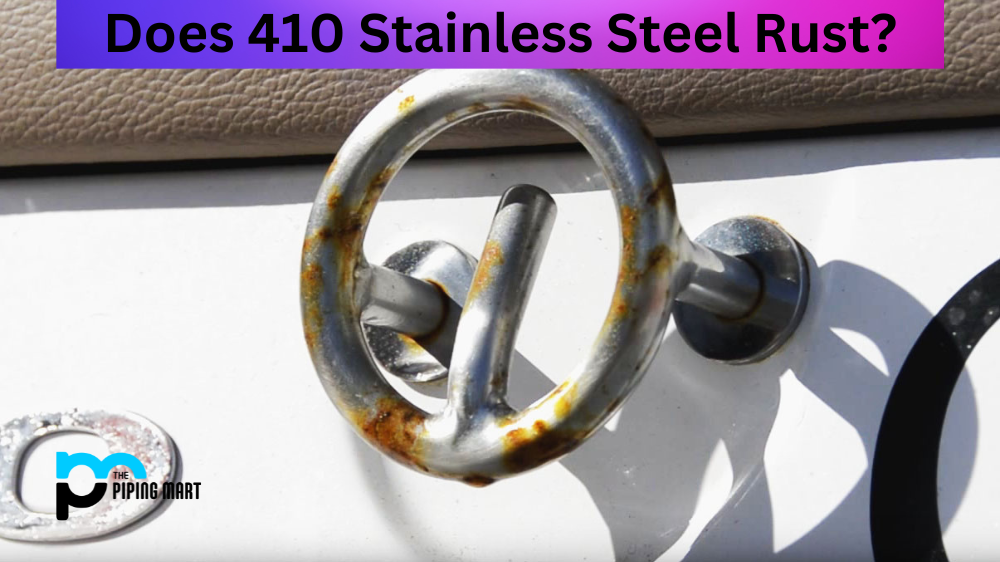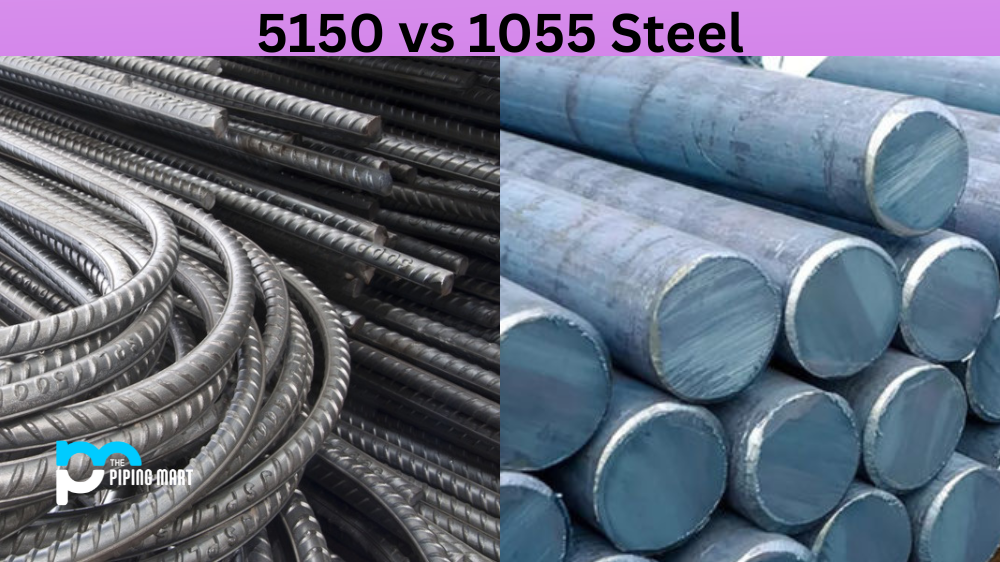Copper and zinc are two of the most common elements in the world. Combined, they form copper-zinc alloys, which have numerous uses across various industries. Let’s explore copper-zinc alloy’s chemical and mechanical properties and discuss how they can be used in everyday life.
Chemical Composition
The chemical composition of copper-zinc alloys depends on various factors such as temperature, pressure, and time. Generally, these alloys consist of between 40-70% copper and 30-60% zinc, with other trace elements making up the remainder. These trace elements can include iron, lead, aluminum, nickel, and other elements that can affect the performance of the alloy.
Mechanical Properties
Copper zinc alloys have a number of valuable mechanical properties that make them useful for many different applications. These properties include high strength and toughness, excellent machinability and weldability, and good corrosion resistance and ductility. In addition to having good physical properties, these alloys also have a wide range of electrical properties, such as low electrical resistivity and low contact resistance.
Ductility
One of the primary mechanical properties of copper zinc alloys is that they have good ductility. This means that they can be easily drawn into wire or formed into shapes without breaking. Additionally, copper zinc alloys have good toughness, meaning that they are resistant to impact and wear.
Strength
Copper zinc alloys also have good strength. This means that they can withstand a lot of force before breaking. Additionally, copper zinc alloys have good hardness, meaning that they are resistant to scratches and dents
Electrical Conductivity
Another important mechanical property of copper zinc alloys is that they have good electrical conductivity. This means that they can easily carry an electrical current. Additionally, copper zinc alloys have good thermal conductivity, meaning that they can easily dissipate heat.
Corrosion Resistance
Copper zinc alloys also have good corrosion resistance. This means that they are resistant to rust and other forms of corrosion. Additionally, copper zinc alloys have good tarnish resistance, meaning that they will not discolor over time.
Solderability
Another important mechanical property of copper zinc alloys is that they have good solderability. This means that they can be easily joined to other metals using solder. Additionally, copper zinc alloys have good weldability, meaning that they can be easily welded to other metals using welding techniques
Uses
Thanks to their versatile qualities, copper zinc alloys can be used in various ways across different industries. These alloys are often used for plumbing fixtures like taps or valves because they offer excellent corrosion resistance in wet environments. They are also commonly used in industrial equipment like pumps or motors due to their strength and durability. Other uses include roofing materials like flashing or gutters due to their weather-resistant qualities and jewelry because it is attractive when polished or plated with other metals like silver or gold.
Conclusion
Copper zinc alloys are an incredibly versatile material that can be used in many different applications across various industries. Their chemical composition consists mainly of copper and zinc while containing trace amounts of other elements that provide additional benefits such as increased strength or corrosion resistance. This makes them ideal for plumbing fixtures, industrial equipment, roofing materials and jewelry due to their unique combination of physical and electrical properties that offer strength and beauty to any product made with them. No matter your needs, copper zinc alloys are sure to deliver outstanding results every time!

Pipingmart is B2B portal specializes in industrial, metal and piping products. Also, share latest information and news related to products, materials and different types grades to help business dealing in this industry.




